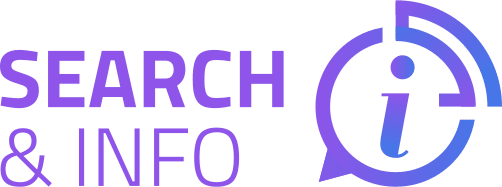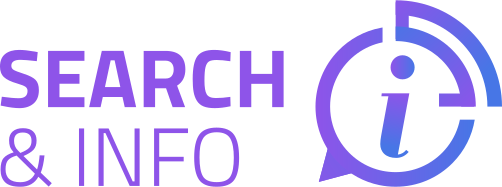Table of Contents
Depression is a complex mental health condition that affects millions of people worldwide. While it can feel overwhelming, there are various treatment options available to help individuals navigate through the shadows of depression towards a brighter future. From therapy and medication to lifestyle changes and alternative interventions, here&8217;s a comprehensive overview of progressing through depression treatment, including a breakdown of key approaches in a table format:
1. Therapy
- Cognitive-Behavioral Therapy (CBT): Focuses on identifying negative thought patterns and replacing them with healthier ones.
- Interpersonal Therapy (IPT): Addresses relationship issues and social interactions that may contribute to depression.
- Psychodynamic Therapy: Explores unresolved conflicts and past experiences that impact present emotions.
- Mindfulness-Based Therapies: Incorporate meditation and mindfulness practices to cultivate self-awareness and resilience.
2. Medication
- Selective Serotonin Reuptake Inhibitors (SSRIs): Increase serotonin levels in the brain, helping to regulate mood.
- Serotonin and Norepinephrine Reuptake Inhibitors (SNRIs): Target both serotonin and norepinephrine, offering dual action for depression symptoms.
- Tricyclic Antidepressants (TCAs): Older class of antidepressants that affect serotonin and norepinephrine levels.
- Atypical Antidepressants: Include medications such as bupropion and mirtazapine, which work through various mechanisms to alleviate depression.
3. Lifestyle Changes
- Regular Exercise: Physical activity releases endorphins and improves mood.
- Healthy Diet: Balanced nutrition supports overall well-being and may impact neurotransmitter function.
- Adequate Sleep: Prioritize restful sleep to enhance mood regulation and cognitive function.
- Stress Management: Techniques like yoga, meditation, and deep breathing can help reduce stress levels.
4. Alternative Interventions
- Acupuncture: Traditional Chinese medicine practice believed to rebalance the body&8217;s energy flow and alleviate symptoms of depression.
- Herbal Supplements: Certain herbs like St. John&8217;s wort and Saffron have shown potential as natural antidepressants, although efficacy varies.
- Transcranial Magnetic Stimulation (TMS): Non-invasive procedure that uses magnetic fields to stimulate nerve cells in the brain, particularly in treatment-resistant depression cases.
- Light Therapy: Exposure to bright light sources, particularly in the morning, can regulate circadian rhythms and improve mood in seasonal affective disorder (SAD) and some forms of depression.
Treatment Approaches: A Comparative Overview
Below is a table comparing the efficacy, side effects, and considerations for various depression treatment approaches:
| Treatment | Efficacy | Side Effects | Considerations |
|---|---|---|---|
| Therapy | Varies based on approach | May take time to see results | Requires commitment and active participation |
| Medication | Effective for many | Can cause side effects such as nausea, dizziness, sexual dysfunction | Regular monitoring needed for dosage adjustments |
| Lifestyle Changes | Adjunctive benefit | Generally safe and beneficial | Integrative approach enhances overall well-being |
| Alternative Interventions | Mixed evidence | Potential interactions with medications, variability in quality of evidence | Consultation with healthcare provider recommended |
In navigating through depression treatment, it&8217;s essential to work closely with healthcare professionals to develop a personalized plan that addresses individual needs and preferences. While progress may take time and patience, there is hope beyond the shadows of depression for those who seek support and explore the available treatment options.
Sources:
- National Institute of Mental Health &8211; Depression
- Mayo Clinic &8211; Depression (major depressive disorder)
- American Psychological Association &8211; Understanding Depression
- National Alliance on Mental Illness &8211; Depression

